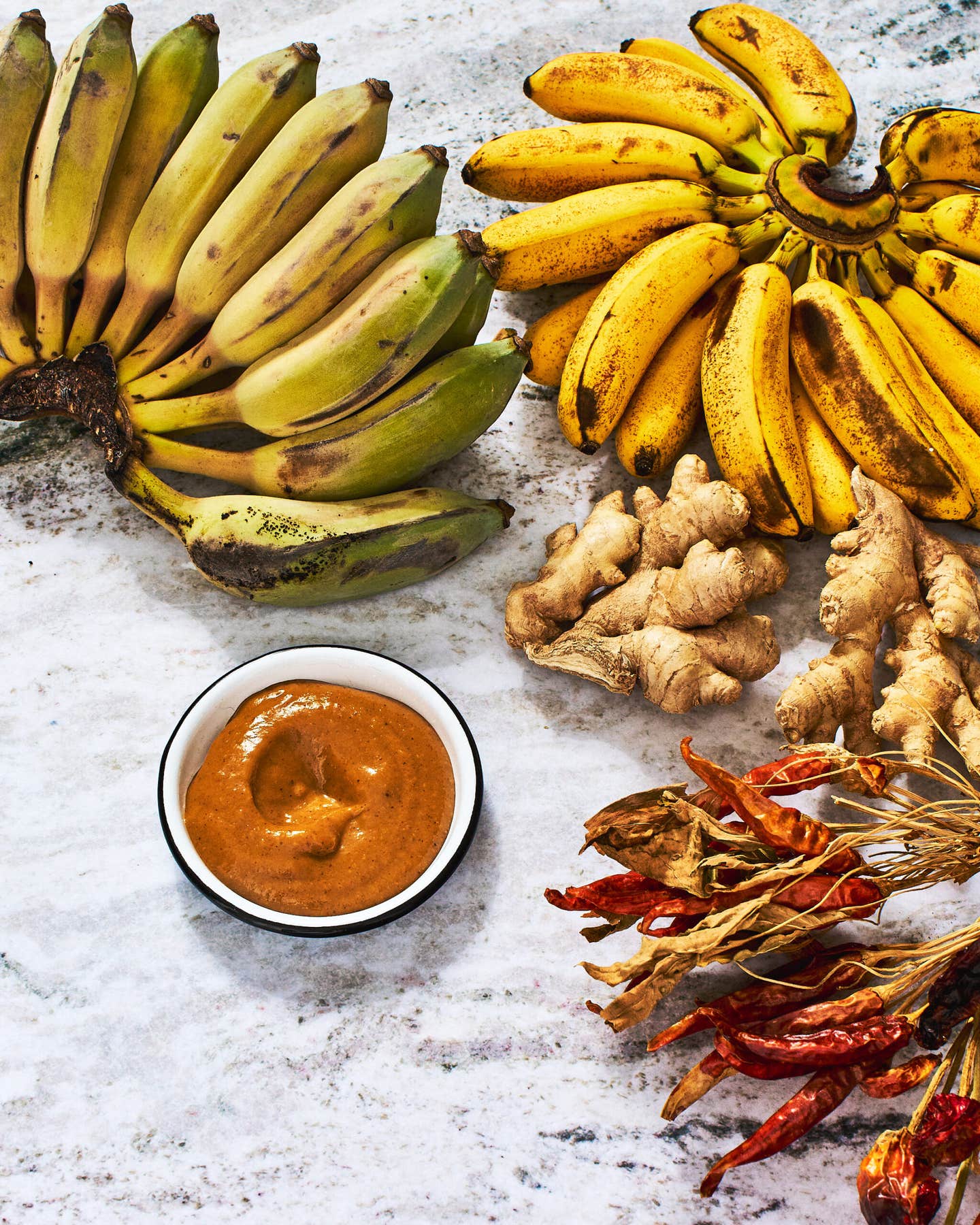
Soft Touch
With their concentrated, savory-sweet flavor and their appealingly soft texture, very slowly cooked, or "melted", tomatoes and onions are my favorite base toppings for homemade pizzas. The vegetables take their soft consistency, which makes them perfect for smearing on pizza in place of tomato sauce, from a long simmer in a saucepan. When stewed in 1⁄4 cup extra-virgin olive oil with 1 tbsp. kosher salt, 4 thinly sliced onions or 1 lb. cherry tomatoes will reduce in volume by more than half as they caramelize over several hours. Covering the vegetables with a parchment paper circle, called a cartouche, also quickens the process by keeping them moist while allowing for some evaporation. Food scientist Harold McGee says onions take particularly well to this treatment thanks to their high sugar content, which concentrates as the vegetable's cell walls break down. Long, slow cooking also dissolves and evaporates an onion's sulfur compounds, which are responsible for the onions' strong flavor when they're eaten raw. Science aside, what I like the most about the technique is the versatility of the end product. Melted tomatoes also make a great base for sauces and braises, and the onions add depth to soups or stews and taste great on a turkey sandwich.
Keep Reading
Continue to Next Story










